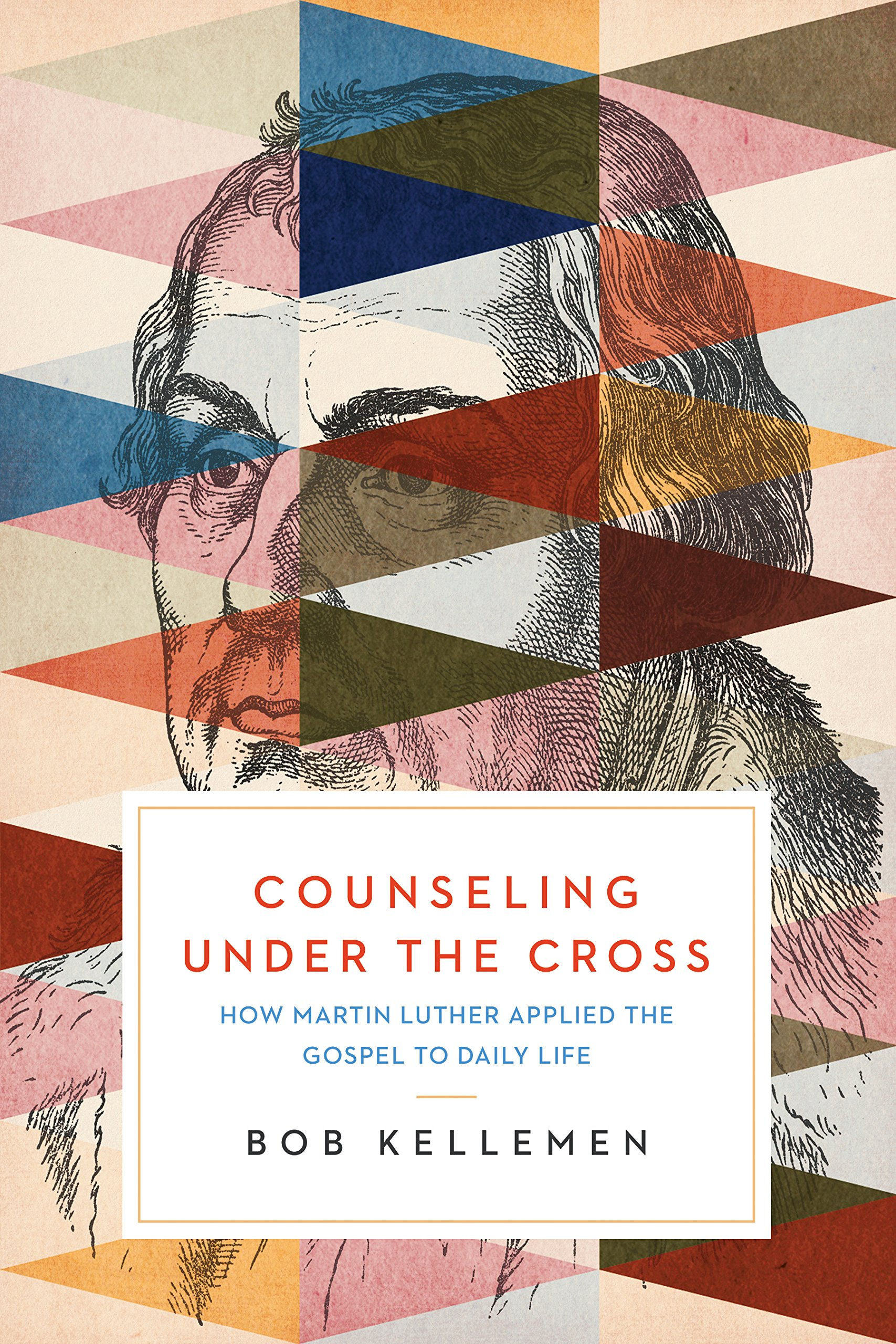Counseling Under the Cross
Original price was: $21.99.$16.95Current price is: $16.95.
Description
Martin Luther was not only a theologian, a writer, and a preacher, he was a pastoral counselor who longed for peace with God. Now, 500 years after he posted his 95 theses to the door of the Wittenberg Castle church, his teachings on gospel-centered and cross-focused pastoral care can transform our approach to soul care, and teach us that daring faith in Christ alone can change our life today and give us peace forever.
In Counseling Under the Cross, biblical counselor and noted author Bob Kellemen mines the riches of Luther’s letters of spiritual counsel to give readers a new understanding of how Luther engaged in the personal ministry of the gospel. He guides pastors, counselors, lay leaders, and friends toward a deeper understanding of the gospel that will directly impact their personal ministry to others. Through lively vignettes, real-life stories, and direct quotes from Luther, readers will be equipped to apply the gospel to themselves and others, and learn that pastoral care is what every believer does in one-another ministry.
As one of the most influential figures in Christian history, Luther was not only the father of the Reformation, he was also the father of “gospel-centered counseling.” As sons and daughters in the faith, we have much to learn from him. Counseling Under the Cross equips us to apply the gospel richly, relevantly, and robustly to suffering and sin so that we find our hope and help in Christ alone.
Fall ’24
Required FLS textbook for Pastoral Counseling course taught by Dr. Jason Gudim.
Fall ’22
Required FLS textbook for Pastoral Counseling course taught by Dr. James Molstre, Dean of FLS.
Fall ’20
Required FLS textbook for Pastoral Counseling course taught by Dr. James Molstre, Dean of FLS.
Fall ’18
Required FLS textbook for Pastoral Counseling course, taught by Dr. James Molstre, Dean of FLS.
In his book “Counseling under the Cross,” Bob Kellemen applies the Gospel to Pastoral Counseling. Using Martin Luther’s theology of sustaining, healing, reconciling, and guiding, Kellemen points his readers to the cross of Jesus Christ for spiritual and mental health. In Luther’s theology of sustaining and healing, the counselor is encouraged to listen intently and gently move the counselee to the healing of God’s word. In Luther’s theology of reconciling, the counselor is encouraged to deal with the counselee’s sin problem and the resulting guilt and shame. Ultimately the counselee is led to Luther’s theology of guiding which encourages faith active in love. Kellemen’s approach to counseling would be categorized as “Biblical counseling.” I recommend this book as an introduction to Pastoral counseling.
—Dr. James Molstre





